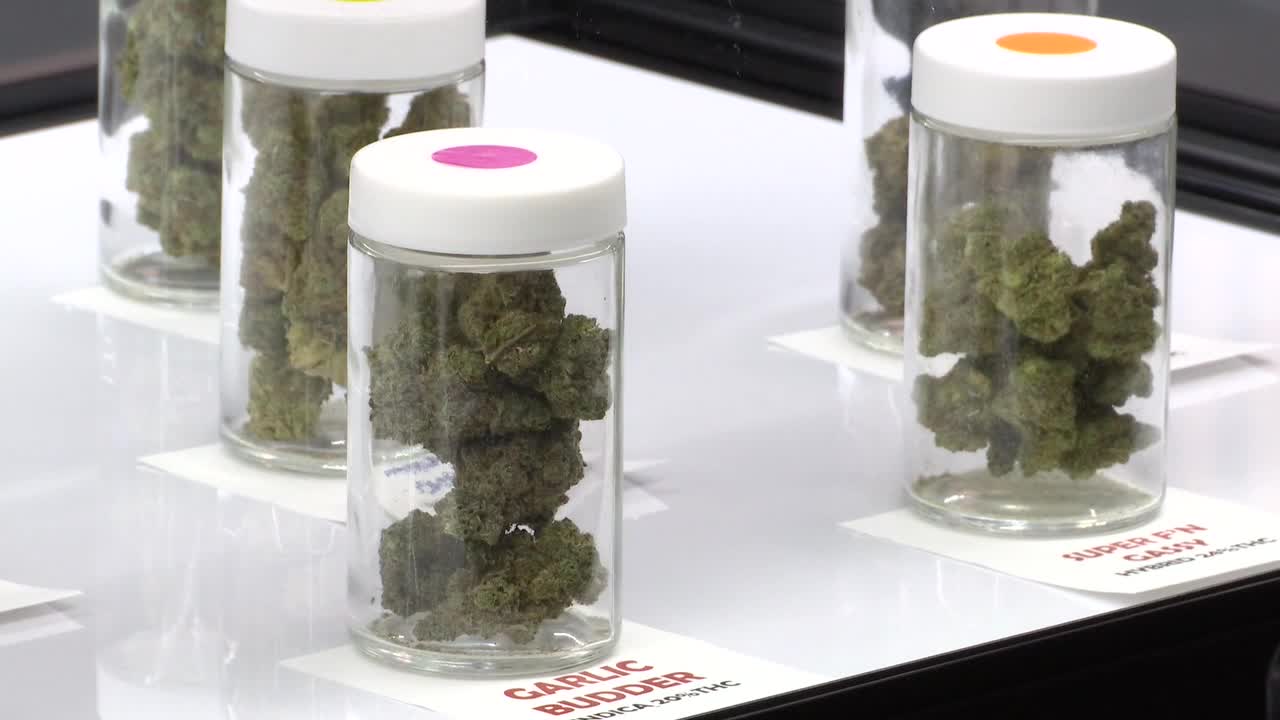Bussiness
Minneapolis sets cannabis business zoning rules, including ‘contiguous’ commercial requirement

The Minneapolis City Council on Thursday approved regulations on where cannabis dispensaries and producers can set up shop once licenses become available.
The ordinance to amend the city’s zoning code passed by a 12-1 vote, and Mayor Jacob Frey threw his support behind the measure, readying the way for recreational cannabis businesses.
Like its neighbor St. Paul, Minneapolis chose to adopt the minimum 300-foot buffer zone from schools as required by state law.
The ordinance also states that all cannabis-related businesses must be “within a contiguous commercial or industrial area of at least three acres.” An earlier iteration set the requirement at five contiguous acres, and an amendment introduced by Council Member Aurin Chowdhury on Thursday did away with a proposed 300-foot buffer between dispensaries.
Commercial cannabis cultivation will be limited to areas zoned for production and processing — similar to urban farm uses. The ordinance also puts light and odor restrictions on commercial cultivation facilities.
“Minneapolis has always been early to adopt and improve upon new rules and regulations,” said Council Member Jamal Osman, who authored the ordinance. “I’m proud of the excellent work our staff has done to make sure that cannabis businesses are ready to support the first round of applicants by having these policies on the books.”
Once the Minnesota Office of Cannabis Management (OCM) starts issuing licenses, Minneapolis will have to allow at least 34 dispensaries throughout the city based on a requirement of one dispensary for every 12,500 residents.
There is still no clear date for when retail sales of cannabis will be authorized statewide, but the OCM has said it aims to finalize rules and begin issuing licenses in early 2025.










